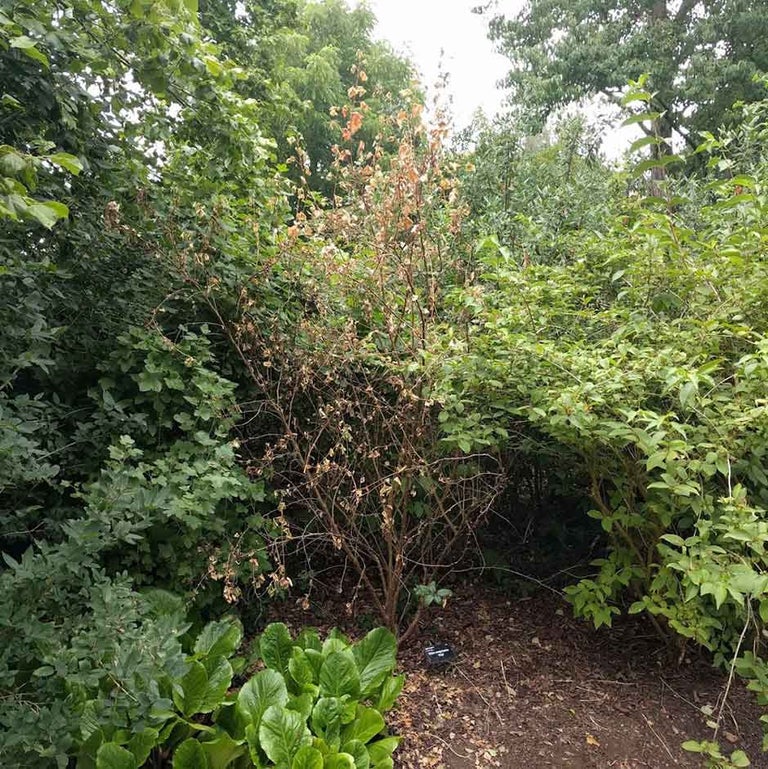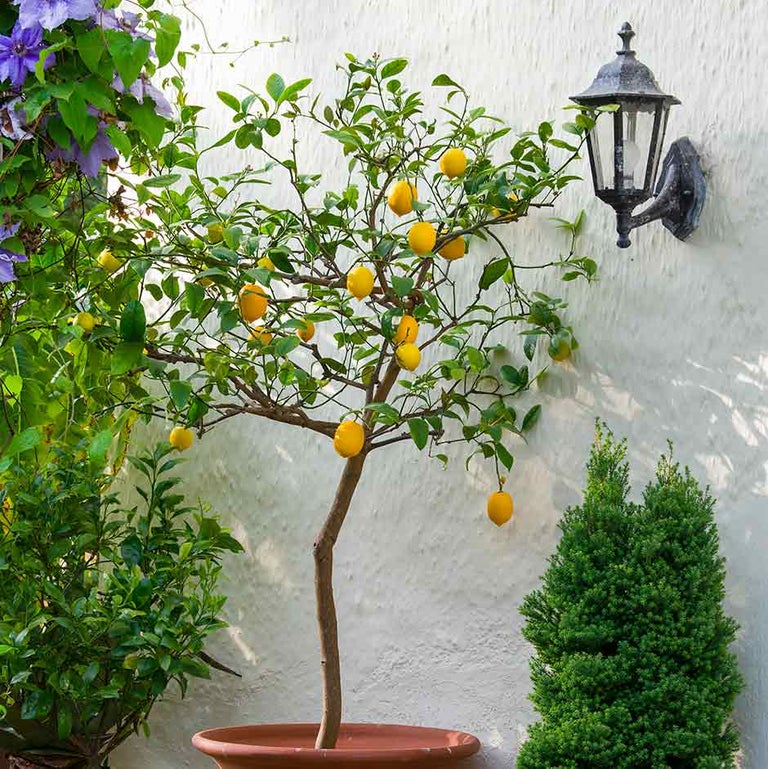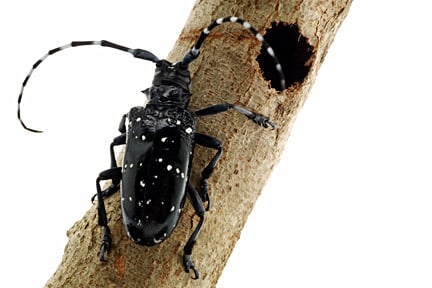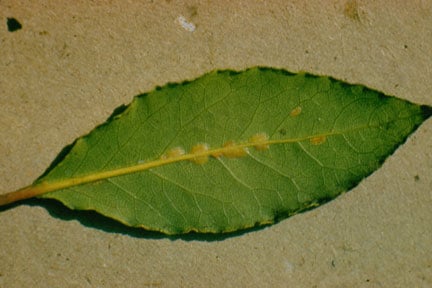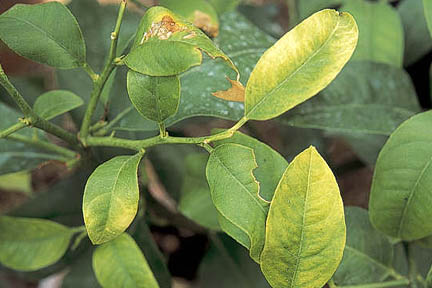
Quick facts
Common name - Citrus
Botanical name - Citrus
Plants affected - All citrus
Main causes - Various
Timing - All year, especially winter
What are the problems?
The problems associated with growing citrus are due to unsuitable growing conditions. Any one or several of these problems may occur:
- Failure to flower
- Flowers drop before fruit sets
- Yellowing of leaves
- Loss of leaves
- Fruit fall
- Rotting roots
One to watch...
The citrus longhorn beetle, Anoplophora chinensis, is a non- wood-boring pest that can cause serious damage to a wide range of broad-leaved trees and shrubs. It is not yet established in the UK and is considered a quarantine pest in the European Union. However, our web profile contains more information.
Causes
Here are the explanations for some of the most common problems:
Failure to flower: Lack of light, lack of feeding, erratic watering, or low temperatures can all cause this problem. If a citrus plant is grown from pips it will often not fruit for a number of years as they have to go through a juvenile stage before flowering. An average time for trees grown from seed to fruit is seven to ten years. Commercially, citrus are propagated by budding or and can flower and fruit after only after two or three years.
Flowers fall before fruit sets: Dryness at the roots and lack of air can cause failure to set fruit. Flowers do not need artificial pollinating.
Yellowing of leaves: There are several possibilities. The roots could be too wet or too dry. Draughts, low temperatures, or lack of feeding will also result in yellowing leaves.
Loss of leaves: This can be caused by draughts, too low or high temperatures in winter, often coupled with too much water in winter. Citrus prefer a cool winter rest. Provide lemons with a minimum winter night temperature of not less than 10°C (50°F) and calamondin oranges with 13°C (55°F).
Fruit fall: Fruits should ripen in a period of warm sunny weather, taking almost a year to develop to full size. Most cultivars set too much fruit for the size of the plant. Some of these will be shed, or clusters should be thinned to one fruit each on young plants.
Rotting roots: The first sign may be leaf fall or yellowing often caused by overwatering. Cut away damaged roots with some of the and repot into a smaller container.
Control
In order to keep your citrus plant in tip-top condition;
- Ensure that care is taken not to over water in winter
- Do not pot on citrus into a container much larger than the root ball
- Feed citrus with a proprietary citrus fertiliser. Use a high-nitrogen liquid feed from early spring to mid-summer
- Change to a balanced feed from mid-summer to late autumn or early winter
- Avoid wide fluctuations in temperature and stand citrus outside in the summer months
- Increase levels by placing pots in a saucer of damp gravel, expanded clay granules (Hydroleca) or recycled lightweight aggregate (Hortag). The water shouldn’t reach the top, as this can make the in the pot too soggy
- If some roots have rotted, keep the plant in a cool position, watering with care, in the hope that the plant may be able to make new root growth and recover. If in doubt as to the reason for a decline in growth and appearance, remove the plant from its pot and check the root condition. If roots are firm and healthy, then evaluate the plant's situation and surroundings. If the roots are crowded, repot in spring
- Citrus can also come under attack from pests such as scale insects, mealybug and red spider mite


